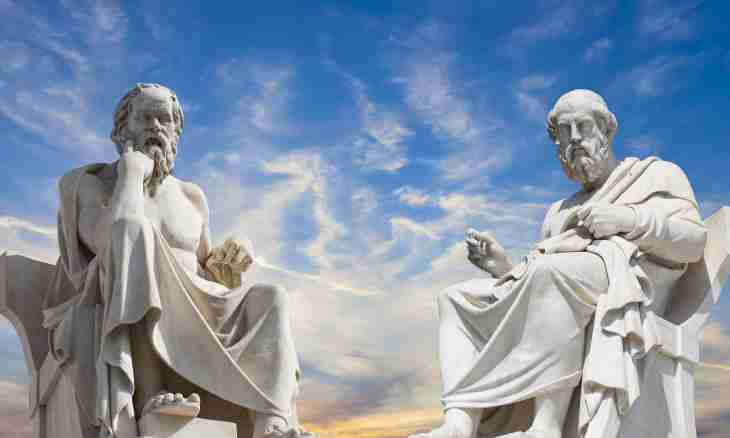The problem of the truth is central in philosophy. There is a set of the assumptions of how to reach the truth and that it is. One of disputed issues - a ratio of the relative and absolute truth.
Objectivism and relativity of the truth
The objective truth is not defined by will and desires of the subject. It is not created by people and does not represent result of the agreement between them. The truth depends only on the maintenance of the reflected object. The modern philosophy has different opinions concerning objectivity of the truth. There are many directions recognizing existence of the subjective truth. They claim that as the truth the people can agree about adoption of any given knowledge. But because of it leaves that it is possible to refer to the truth also various superstitions and beliefs which are divided by most of people.
The relative truth means that it is very difficult to reach the truth absolute. Absolute is understood as the ultimate truth which cannot be disproved. It is only possible to get closer to her, finding new representations and refusing old. The reason of the person aspires to her in the researches. One of types of the relative truth – the truth. In it the relevant level of knowledge of the person of the nature of the phenomena is reflected. Even the most reliable scientific knowledge has relative and probabilistic character. They are not full. For example, knowledge of the speed of rotation of Earth is relative as they depend on accuracy and methods of measurement.
Problem of the absolute truth. Concreteness of the truth
The absolute truth is what all came from. It does not represent process, is static and invariable. The mobility would make relative of the absolute truth. It contains the most full and exhaustive knowledge of everything in the world. If to comprehend this knowledge, behind it there will be no nothing left that could be learned more. It is considered that the philosophy has to seek for knowledge of the absolute truth. But the reason of the person is limited therefore cannot comprehend entirely the absolute truth and learns relative. In religion, for example, the absolute truth opens to the believer at divine will. In philosophy did not think up a way out of limitation of knowledge yet. The concrete truth is the knowledge found on the basis of studying the certain area of the boundless world. Any objective truth is concrete, abstract does not exist. The truth represents knowledge of a concrete subject in specific conditions. Besides, true knowledge is always limited to a framework of a concrete historical era. The truth considers all parties, communications and oposredovaniye of a cognizable subject or phenomenon.

